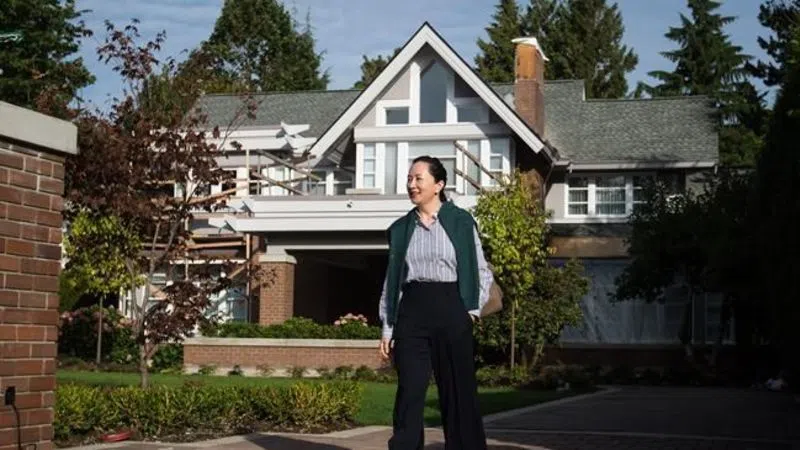
‘No need’ for lengthy border exam of Meng Wanzhou before her arrest: defence
VANCOUVER — The defence team for a Huawei executive whose arrest at Vancouver’s airport sparked a diplomatic crisis between Canada and China says there was no good reason for border officials to detain her for almost three hours before her arrest.
Scott Fenton, a defence lawyer for Meng Wanzhou, told B.C. Supreme Court Wednesday that border officials already knew Meng was facing charges in the United States by the time she got off her flight from Hong Kong.
That means officials also knew that she would be arrested and taken before the courts, that they had no power to remove her and that they could already report her as inadmissible because of the allegations she faces in the United States, he said.
Instead, documents show Meng was held for three hours and a border official questioned her about her business in Iran before she was informed of her arrest and read her rights.

